Lady Windermere Syndrome Symptoms
Lady windermere syndrome symptoms. The middle lobe and lingula are predisposed to chronic. Non-tuberculous mycobacterial infections are slow-growing infections that can cause cough and phlegm weight loss fevers coughing of blood shortness of breath and chest pains. A syndrome where the right middle lobe or left lingula area of the lung is involved is sometimes called Lady Windermere syndrome.
The eponym Lady Windermere Syndrome LWS designates a disorder exclusive to older women who are free of a predisposing lung disorder caused by Mycobacterium avium-intracellulare and characterized by disease limited to the lingula andor the middle lobe of the right lung. The NTM thrive in hot water especially since temperatures over 84 F 294 C can cause. She was thin and had mild kyphoscoliosis but had no history of smoking or connective tissue disease.
Shortness of breath fatigue and weight loss. LADY WINDERMERE SYNDROME In 1987 Prince noted a new clinical syndrome characterized by M. These patients usually presented with cough and sputum production.
Treatment when needed is often difficult requiring multiple medications for many months. And atypical presentations like focal masses and solitary nodules. Its debatable whether Lady Windermere actually had an MAC infection but the name stuck.
Lady Windermere syndrome refers to a pattern of pulmonary Mycobacterium avium complex MAC infection seen typically in elderly white women who chronically suppress the normal cough reflex. She had a history of habitual suppression of cough as in Lady Windermere syndrome. MAC can also present as a hypersensitivity pneumonitis.
A fastidious nature and a reticence to expectorate are believed to. A fastidious nature and a reticence to expectorate are believed to predispose such persons to infections with MAC. Eur J Cardiothorac Surg 40 2011 pp.
Treatment with thoracoscopic lobectomysegmentectomy for right middle lobe and lingular bronchiectasis associated with non-tuberculous mycobacterial disease. Right middle lobe and lingula-the Lady Windermere syndrome.
The eponym Lady Windermere Syndrome LWS designates a disorder exclusive to older women who are free of a predisposing lung disorder caused by Mycobacterium avium-intracellulare and characterized by disease limited to the lingula andor the middle lobe of the right lung.
Both its pathogenesis and eponym are disputed. She had a history of habitual suppression of cough as in Lady Windermere syndrome. A fastidious nature and a reticence to expectorate are believed to. Lady Windermere syndrome is Mycobacterium avium complex MAC pulmonary infection limited to the right middle lobe or lingula hypothesized secondary to voluntary suppression of cough responsible for the inability to clear the secretions from the right middle lobe and lingula. The infection may rarely appear in elderly ladies with no pre-existing lung disease who chronically suppress the cough reflex and therefore allow respiratory secretions to stagnate. Subsequent symptoms are similar to tuberculosis. The name of the syndrome comes from a character in an Oscar Wilde play Lady Windermeres Fan who suffers from tubercular symptoms. She was thin and had mild kyphoscoliosis but had no history of smoking or connective tissue disease. Treatment with thoracoscopic lobectomysegmentectomy for right middle lobe and lingular bronchiectasis associated with non-tuberculous mycobacterial disease.
Shortness of breath fatigue and weight loss. Eur J Cardiothorac Surg 40 2011 pp. The middle lobe and lingula are predisposed to chronic. These features were termed in the literature as the so-called Lady Windermere syndrome regarding the hypothesis that these patients may voluntarily suppress their cough reduce clearance of secretions from the middle lobe and lingular segments which have long and narrow bronchi with relatively acute angulations from the parent bronchi thus. The name of the syndrome comes from a character in an Oscar Wilde play Lady Windermeres Fan who suffers from tubercular symptoms. LADY WINDERMERE SYNDROME In 1987 Prince noted a new clinical syndrome characterized by M. A fastidious nature and a reticence to expectorate are believed to predispose such persons to infections with MAC.



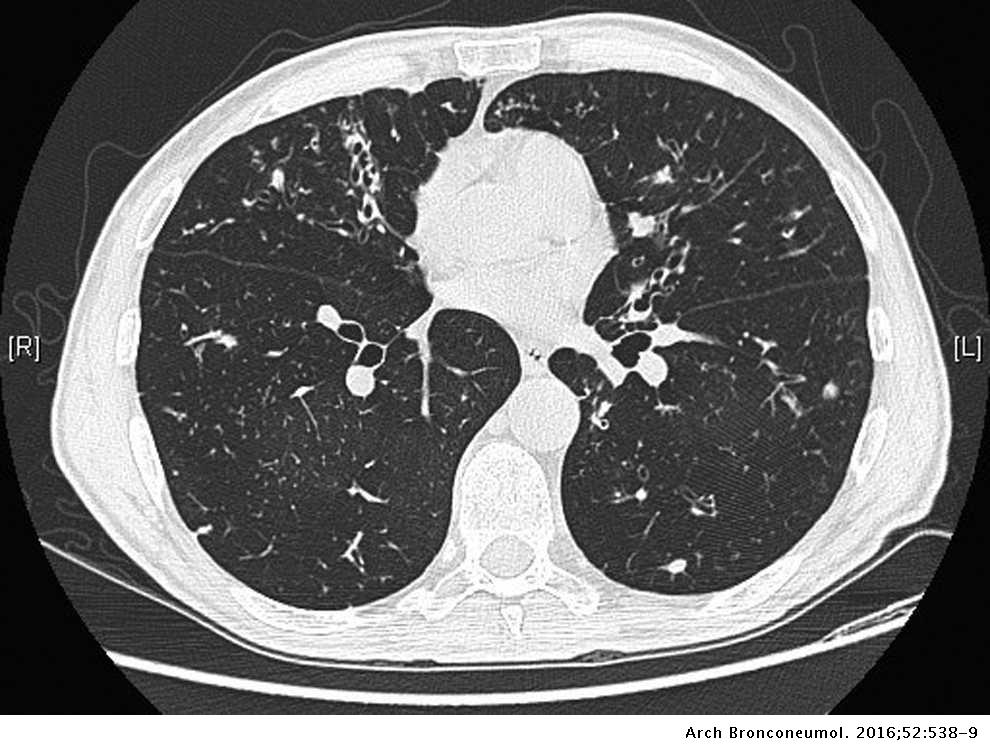




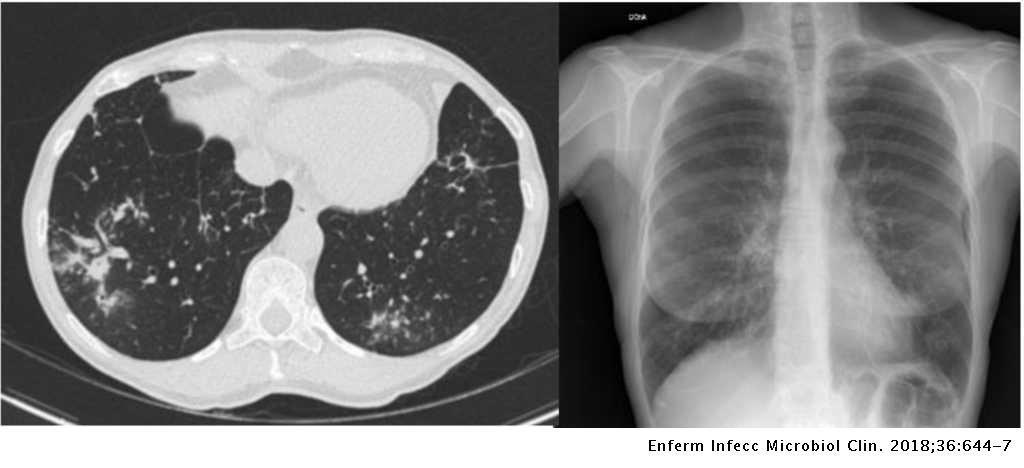

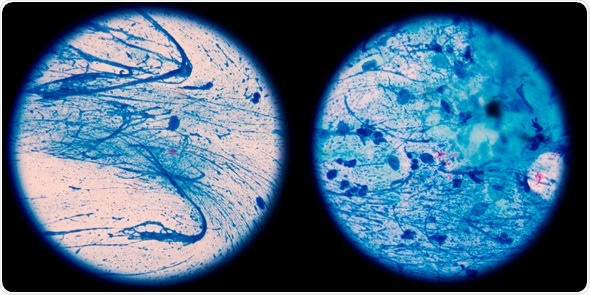
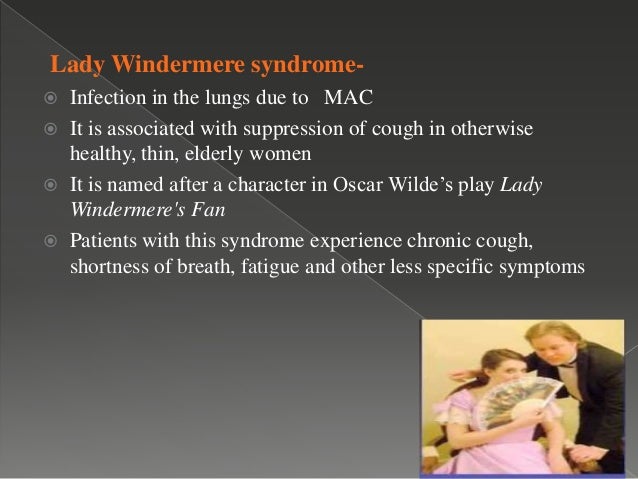
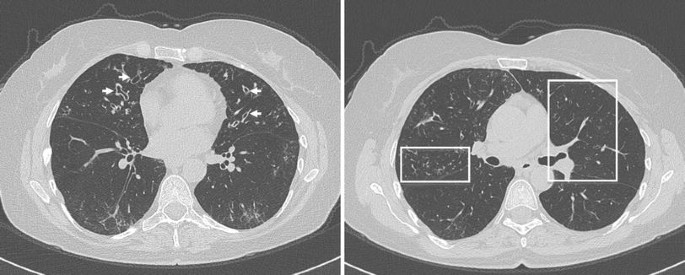









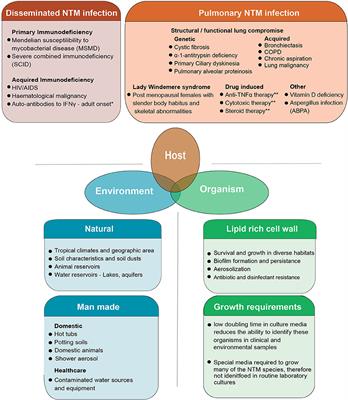
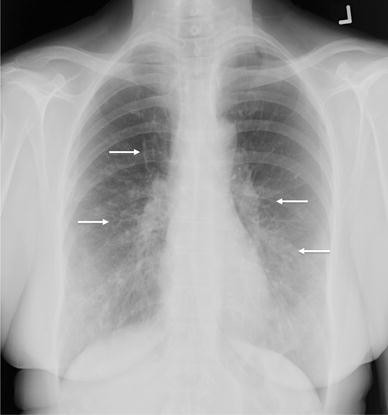

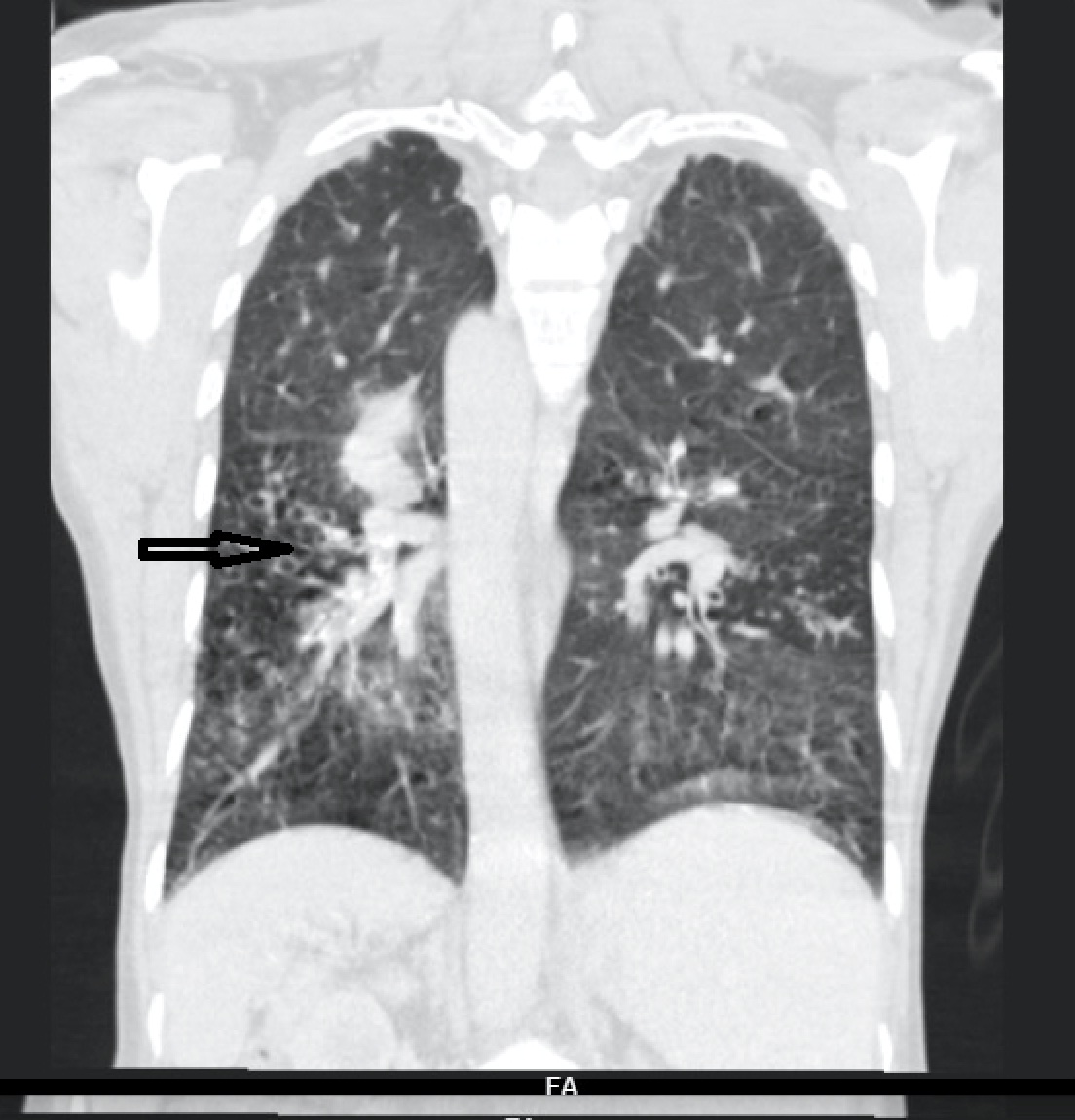





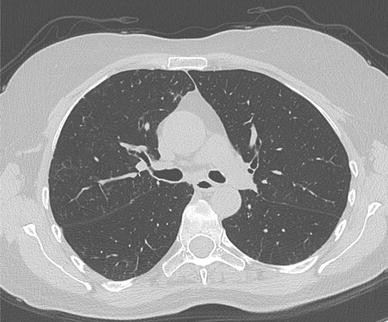

Post a Comment for "Lady Windermere Syndrome Symptoms"